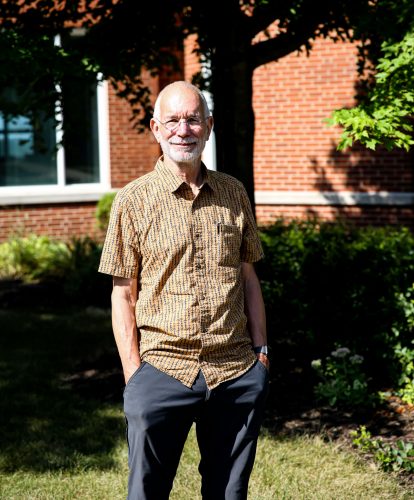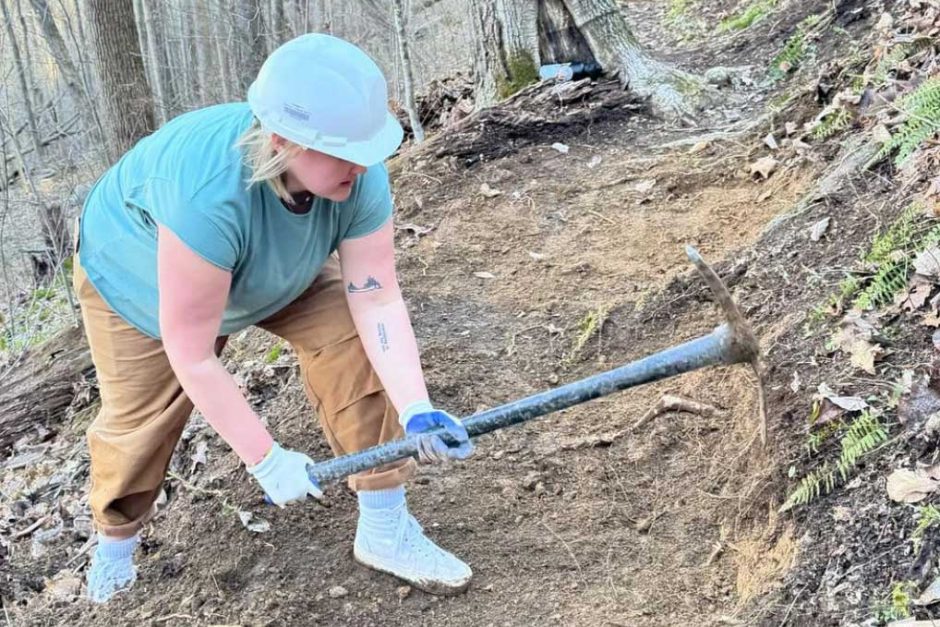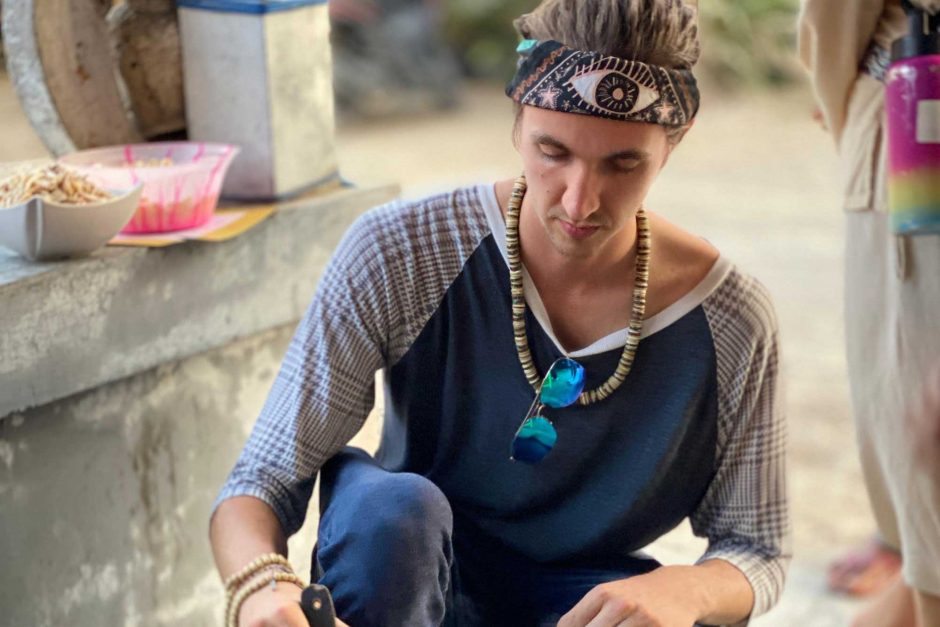Last Word: How should we evaluate our beliefs?
Most of us—as parts of families and neighborhoods, schools and churches, states and nations—find ourselves in a position in which some, even many, of our beliefs are at odds with those of fellow citizens. We disagree about what appear to be ordinary factual claims: about climate, COVID-19, and vote counts, as well as about morality, religion, and politics. How can we engage in collective decision-making given such disagreement?

We might hope that as we consider evidence and listen to others, our beliefs will increasingly converge. Instead, we adopt a closed mindset, defending the beliefs we have, becoming more deeply entrenched. This tendency is abetted by professional persuaders on social media and elsewhere, bent on igniting discord and inculcating beliefs that further their interests and not our own.
Philosophers have long bemoaned our irrational tendencies and identified principles underlying sound reasoning. Using logic, we can be sure that if we begin with true beliefs, the results of our reasoning will also likely be true. The problem is finding a reliable starting point when, for the most part, we do not choose the beliefs we have. We absorb them as products of our upbringing, culture, and experience. When we examine them, we do so on the basis of beliefs we already have. We consider evidence that confirms those beliefs and dismiss evidence inconsistent with them. We regard those with whom we disagree as stupid or duped.
The 17th century philosopher Descartes thought this shows that all our beliefs are suspect and that reason requires us to erase our minds and start over, allowing into our thinking only those claims whose truth is certain. For most things though, certainty isn’t available. Even experts make false claims and revise their testimony. In any case, having erased our minds, how could we know how to start over? What seems possible is not wholesale replacement, but piecemeal adjustments to our beliefs.
We find it easy to be objective about flaws in others’ reasoning but are blind to flaws in our own. If we apply the same skepticism to our own reasoning that we apply to others, perhaps we can become less defensive, more flexible thinkers capable of making adjustments to our beliefs in light of evidence. Such an attitude may enable us to appreciate others’ points of view, reduce attachment to our own beliefs, and open possibilities for reaching agreement. We need to replace our defensive mindset with one that is more open and curious, more rational.
In order for such rationality to matter, we need citizens engaged in critical examination of their own beliefs and mutually respectful dialogue with others. The functioning of our democracy would seem to depend on fostering such citizenship. Development of the intellectual and moral virtues required—modesty, open-mindedness, skepticism, respect—ought to be an outcome of the education Cornell provides. It enables questioning of received ideas about the way the world is and of ends worth pursuing. Such education, though, is increasingly under attack by those whose interests conflict with the ends it pursues.
Jim White has taught philosophy at Cornell College since 1987.



